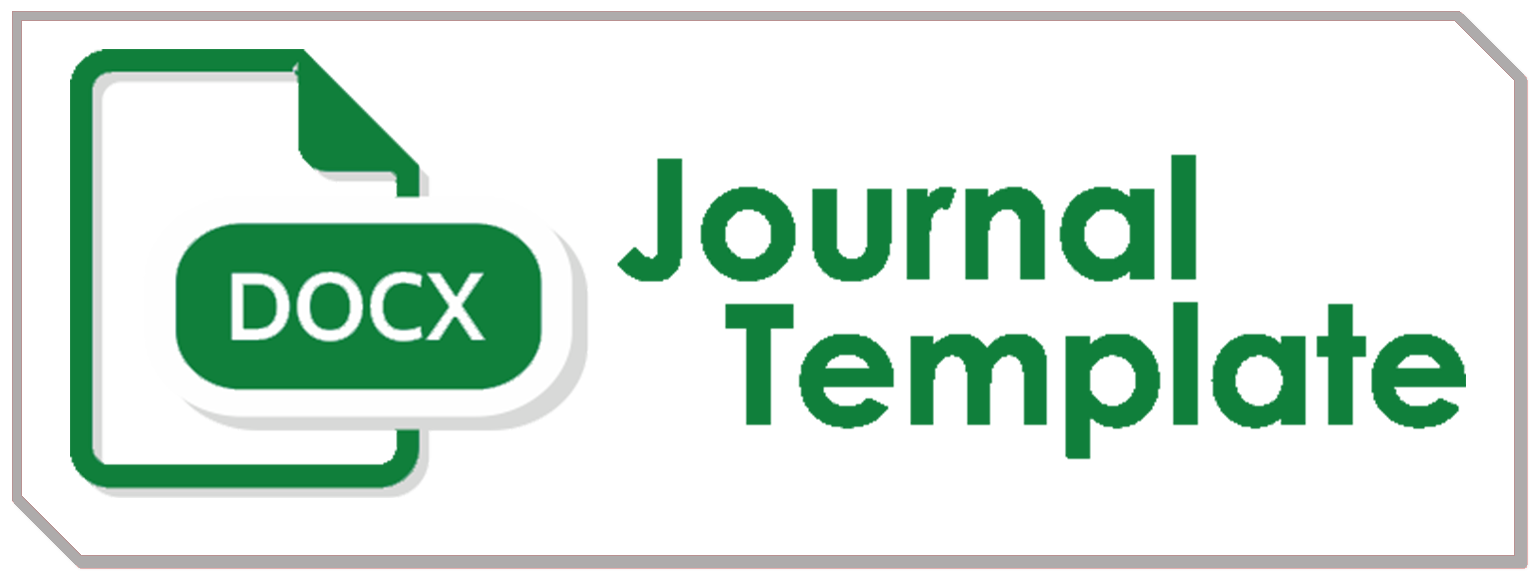MSME Transformation: Financing Solutions, Digitalization, and Sharia Business Ethics
Keywords:
MSME Transformation, Sharia Financing, Digitalization, Sharia Fintech, Islamic Business EthicsAbstract
This study aims to analyze the transformation of Micro, Small, and Medium Enterprises (MSMEs) in Indonesia through a sharia economics approach that covers three main pillars, namely sharia financing, Islam-based digitalization, and the application of sharia business ethics. Using the Systematic Literature Review (SLR) method, this study examines various relevant national and international publications from 2018 to 2025. The results show that Islamic financing models such as mudharabah, musyarakah, and murabahah play an important role in expanding access to capital for MSMEs and creating a more equitable and inclusive economic system. Meanwhile, digitalization and Islamic fintech innovation have proven to be able to increase efficiency, expand marketing networks, and accelerate transaction processes while maintaining the principles of sharia compliance. The application of Islamic business ethics also contributes to increased consumer confidence, business sustainability, and equitable economic welfare. However, challenges still arise in terms of sharia financial literacy, digital readiness, and consistency in the application of business ethics. This study emphasizes the importance of collaboration between the government, financial institutions, and academics to strengthen an inclusive, equitable, and sustainable sharia MSME ecosystem in the digital economy era.
Downloads
References
Aknes Klaudia Aknes, Y. Y. (2025). The Impact of Sharia Economics on the Growth of MSMEs: An SLR Study. Journal of Islamic Economics and Finance.
Arifqi, Moh. M. (2021). Indonesia's economic recovery through the digitalization of Sharia-based MSMEs during the COVID-19 pandemic.
Dea Rodiah Luthfy, O. S. M. (2023). Islamic business ethics in the digital economy: A model for sustainable micro, small and medium enterprise (MSME) assistance in West Java.
Diana Djuwita, A. A. Y. (2018). The level of sharia financial literacy among MSMEs and its impact on business development. IAIN Syekh Nurjati Cirebon.
Dinda Safinah Annajah, T. D. A., Fadli Hudaya. (2023). Implementation of Ijarah Contracts in the Wage System for Batik Fabric Production Workers (Case Study at Batik Larissa and Batik Feno Kampung Batik Pesindon, Pekalongan City). Neraca.
Dontes Putra, D., Hulwati. (2024). Implementation of Sharia Compliance in Sharia Crowdfunding Platforms for MSMEs: A Case Study of PT Shafiq Digital Indonesia. AL-MUTSLA.
Firman Muhammad Abdurrohman Akbar, A. L., Adina Rosidta. (2024). Development of Sharia Financing Models for Micro, Small, and Medium Enterprises (MSMEs). Journal of Islamicjerusalem Studies.
Fitriani, H. (2021). The Contribution of Zakat as a Solution to the Economic and Financial Crisis of Islamic Society During the Covid-19 Pandemic. STAIN Ponorogo.
Heriyati Chrisna, N. N., Hernawaty Hernawaty. (2023). The Influence of Sharia Financial Literacy on the Development of MSME Businesses in Pematang Serai Village.
Huril Aini, A. Y. (2025). Interaction Patterns Between the Sharia Finance Sector and MSMEs in Enhancing Local Economic Competitiveness. Dar El-Ilmi. Journal of Religious Studies, Education, and Humanities.
Ica Aida Siti Azizah, A. (2025). The role of Islamic economics in driving innovation in the MSME sector.
Kusjuniati, K. (2020). Strategies and the important role of the National Committee for Islamic Economics and Finance (KNEKS) in supporting national economic resilience.
Machasin, Rinaldi, A., & Afifah, D. D. (2025). Cooperatives in Indonesia: Roles, Challenges, and Innovations for the People’s Economy. JAWI: Journal of Ahkam Wa Iqtishad, 3(3), 608–617.
Mila Dwi Safitri, A. A., Agus Zainal Abidin. (2024). Optimizing employee performance in managing Sekapuk village-owned enterprises' digital media through a smart goals framework. Brawijaya University.
Nabila Rasha, A. S. (2025). The concept of Islamic business ethics in strengthening MSMEs: Relevance, challenges, and implementation models.
Nala Amalia, B. D. P., Rahma Wati. (2023). The Existence of Islamic Microeconomic Principles on the Sustainability of Micro Businesses in the Digitalization Era. Pahlawan Tuanku Tambusai University.
Niva Maulidha, H. M., Rahmat Hidayat. (2025). The Role of Islamic Economics in Overcoming Social Inequality in Indonesia.
Nur Manna Silviyah, N. D. L. (2022). The influence of Islamic business ethics in improving MSMEs.
Putri, S. (2021). The Role of Sharia Financing in the Development of MSMEs in Indonesia. Journal of Sharia Economics.
Rachmadani, E. A. (2024). The Role of Sharia Bank Financing Products in the Development of MSMEs in Indonesia.
Rinaldi, A., & Nurcahaya. (2025). The Role of Sharia Economy in Building Sustainable MSMEs in Indonesia. JAWI: Journal of Ahkam Wa Iqtishad, 3(2), 563–570.
Sujian Suretno, B. B. (2020). The Role of Islamic Banks in Improving the National Economy Through Working Capital Financing for MSMEs. Al Hidayah Press.
Syamil Fatih Muhammad Alfaruqiy, N. S. M., Esa Fadillah Kurniawan. (2023). The role of digital marketing in MSMEs from a sharia economics perspective.
Tussa”adah, F. (2024). The Role of Baitul Maal Wat Tamwil (BMT) in Driving Indonesia's Economic Growth Through MSMEs.
Yogesh K. Dwivedi, L. H., Nir Kshetri. (2023). Opinion paper: So what if ChatGPT wrote it? Multidisciplinary perspectives on opportunities, challenges and implications of generative conversational AI for research, practice and policy. Elsevier BV.
Downloads
Published
How to Cite
Issue
Section
License
Copyright (c) 2025 Nurmalah, Syamsurizal

This work is licensed under a Creative Commons Attribution-ShareAlike 4.0 International License.










